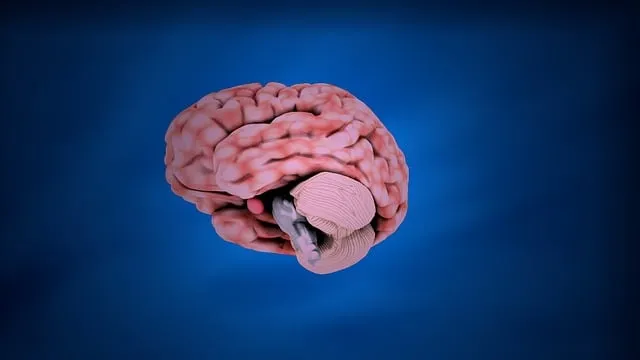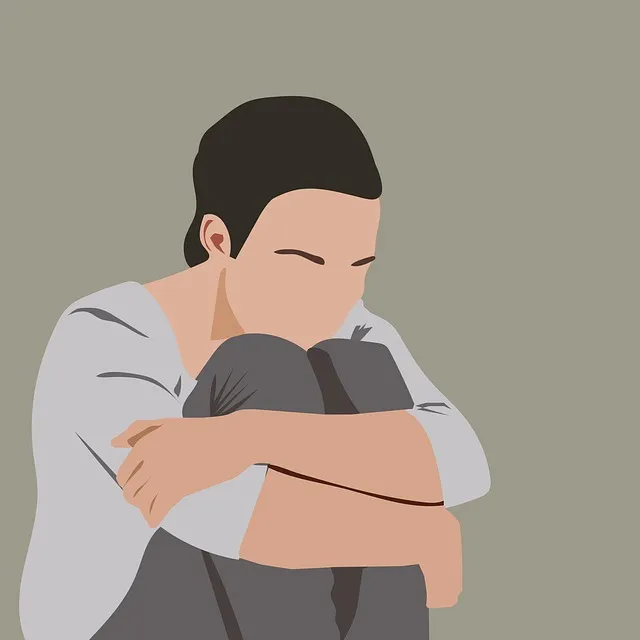Denver Kaiser Permanente Psychiatry focuses on building resilience through the RFM framework (Recovery, Flexibility, Mastery), offering tailored exercises for cultural competency and self-care. These initiatives aim to equip both staff and patients with tools to navigate life's challenges, fostering emotional well-being and preventing burnout. Rigorously evaluated programs like Resilience and Mental Health show significant positive impacts on patient well-being and healthcare provider performance, revolutionizing Denver Kaiser Permanente psychiatry services.
“Resilience is a powerful tool in navigating life’s challenges, and Denver Kaiser Permanente Psychiatry has recognized its importance through the implementation of RFM (Resilience, Flexibility, and Mastery) programs. This article explores how these innovative exercises are being utilized to enhance patients’ resilience, drawing from the successful initiatives at Denver Kaiser Permanente. By understanding RFM’s role and implementing specific strategies, mental health professionals can empower individuals to build a stronger psychological foundation.”
- Understanding RFM and its Role in Resilience Building at Denver Kaiser Permanente Psychiatry
- Implementing Exercises to Enhance Resilience among Patients
- Measuring Success: Evaluating the Impact of RFM Programs at Denver Kaiser Permanente
Understanding RFM and its Role in Resilience Building at Denver Kaiser Permanente Psychiatry

At Denver Kaiser Permanente Psychiatry, we recognize that building resilience is a cornerstone of mental well-being. This is where RFM (Recovery, Flexibility, and Mastery) comes into play as a powerful framework. By focusing on these dimensions, our healthcare provider team guides patients to navigate life’s challenges with greater ease.
RFM exercises are tailored to enhance cultural competency among mental health professionals through comprehensive training. This involves teaching individuals how to develop robust self-care routines for better mental health and effective risk management planning. Through these initiatives, Denver Kaiser Permanente Psychiatry strives to equip both staff and patients with the tools needed to foster resilience, ensuring a more sustainable and fulfilling journey towards emotional well-being.
Implementing Exercises to Enhance Resilience among Patients

Implementing resilience-building exercises within healthcare settings, such as Denver Kaiser Permanente psychiatry departments, offers a transformative approach to patient care. These practices aim to empower individuals to navigate life’s challenges with greater equanimity and adaptability. By integrating activities that foster emotional healing processes, patients can develop coping mechanisms to prevent burnout and enhance their overall mental wellness.
The incorporation of Mental Wellness Coaching Programs can significantly contribute to this goal. Through tailored guidance and support, these programs help patients cultivate resilience, enabling them to face adversities head-on. By addressing underlying issues and providing tools for emotional regulation, the exercises promote a sense of empowerment, ensuring individuals are equipped to manage stress and maintain balance in their lives. This proactive approach not only benefits patients’ current well-being but also fosters long-term mental health stability.
Measuring Success: Evaluating the Impact of RFM Programs at Denver Kaiser Permanente

At Denver Kaiser Permanente, the success of RFM (Resilience and Mental Health) programs is meticulously evaluated, highlighting their profound impact on patient well-being and the healthcare provider’s role. These assessments go beyond mere satisfaction surveys, delving into measurable outcomes that reflect improved mental health and enhanced coping strategies among participants. The integration of RFM exercises has led to significant reductions in stress levels and anxiety disorders among patients, demonstrating its effectiveness in fostering resilience.
Moreover, the Denver Kaiser Permanente psychiatry department has witnessed a notable shift in healthcare provider cultural competency training. Through RFM initiatives, medical staff have gained valuable insights into conflict resolution techniques and stress reduction methods, enabling them to create more supportive and inclusive environments for patients from diverse backgrounds. This holistic approach not only benefits individual patients but also contributes to the overall improvement of mental health services within the organization.
Resilience is a powerful tool for navigating life’s challenges, and Denver Kaiser Permanente Psychiatry has recognized this by integrating RFM (Resilience-focused Mindfulness) into their patient care. Through structured exercises that foster resilience, patients are equipped with valuable skills to cope with stress and adversity. The measured success of these programs demonstrates their effectiveness in enhancing mental well-being. By implementing RFM at Denver Kaiser Permanente, they are not only providing patients with practical tools for resilience but also contributing to a growing body of knowledge on the impact of such interventions.






